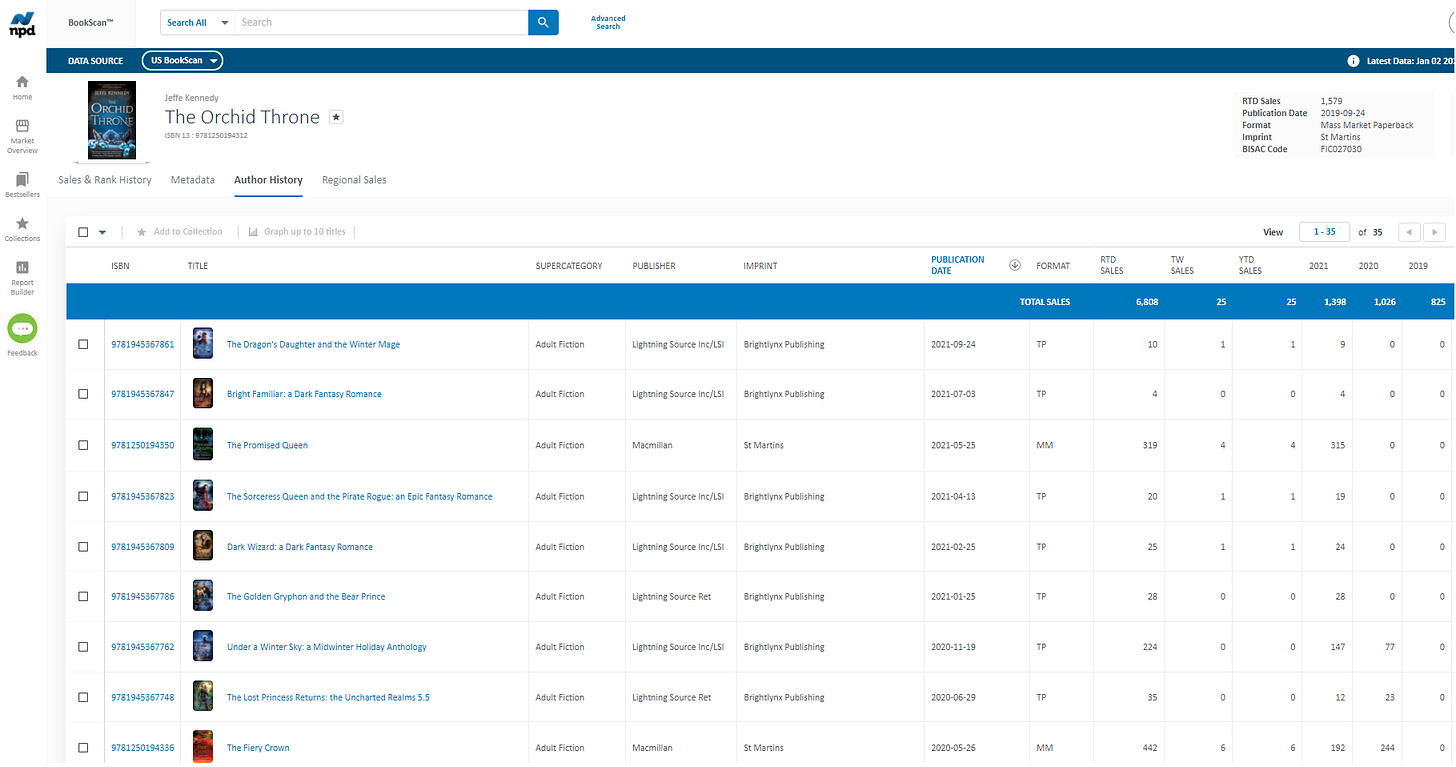A Whitewashed Tomb: SFWA's Best Can't Sell Books
“You are like whitewashed tombs, which look beautiful on the outside but on the inside are full of dead men's bones and everything unclean.” – Matthew 23:7b
The past year has done a lot to shed light on the slow-motion Hindenburg that is the once-august body known as the Science Fiction Writers of America. From a pair of high profile legal losses rumored to have cost the organization nearly a quarter of a million dollars in legal fees to fan outcry over their annual edition of Nebula Awards Showcase only containing one story that actually won a Nebula Award, it appeared that in 2021, no news was indeed good news.
As the creep of leftist identity politics has spread throughout the organization, a startling erosion of quality came with it. This is perhaps most objectively apparent in their membership qualifications, which were changed in May of 2014. Until then, to be considered for “Active membership”, an applicant had to have sold three pieces of short fiction at a 8c per word or one book for $2,000 or more in a Qualifying Professional Market (in other words, a top-tier publisher like Tor or Del Ray). It was after this time that the “Associate Member” tier was introduced, which came with a gallingly low bar for entry - one paid sale of short fiction at a pro rate OR one that has been self-published, or published by an indie or small press for an amount equivalent to 8c per word. In other words, slap a thousand words or more up on Kindle, fork over your $90 annual fee, and you get to vote on the finalists for the Nebulas.
Definable quality metrics matter. Why is it impressive that someone is a New York Times or a USA Today bestseller? Because in order to even begin to crack those lists, you have to sell between 5,000 - 10,000 copies in your first week for the NYT, and 6,000 for USA Today. Sales are arguably the only metric that ultimately matter for a professional writer; it’s a reliable gauge for the amount of demand you have with your audience. Of course, SFWA’s mission has turned from celebrating quality storytelling to secular preaching. A series of recently leaked screenshots of NPD Bookscan sales figures show that reader demand for some of sci-fi’s most well-known (and politically vociferous) names are faring absolutely abysmally. Such as . . . John Scalzi, who landed that massive $3.4 million, 13-book deal with Tor in 2015.
Unquestionably the biggest seller of what we found, his Interdependency trilogy fared best. That’s a cold comfort, because the mass market paperback editions of those titles would need several years’ worth of sales to chart numbers approaching NYT bestseller acceptability. The Collapsing Empire sold 26,498 copies since January of 2018, The Consuming Fire, 10,291 since September 2019, and The Last Emperor, 3,961 since March 2021. The hardcovers also sold well (relatively speaking), but only two other titles broke 5,000 copies, with Head On: A Novel of the Near Future only barely managing to do so. Cat Rambo–a former SFWA president mind you– has a sales record that’s all but nonexistent.
Her most recent effort, You Sexy Thing has enjoyed comparative success, selling 719 copies since last November. But it’s a long list of zeroes and near-zeroes from there. Her next most successful title, the Nebula-winning novelette Carpe Glitter has only sold 98 copies since October of 2019. Her Tabat series across all formats has sold 50 copies (although it should be noted that the sales data for the trade paperback edition of Beasts of Tabat was not shown). This from a woman who has the audacity to charge prices of upwards of $99 on academy.com for online writing classes. Jeffe Kennedy, the current SFWA president, has a body of work with publication dates stretching back to May of 2020 and doesn’t quite crack 7,000 copies sold.
Maybe time for a stronger second cup? Jason Stanford’s data shows an abysmal 116 copies sold across six titles going back to November of 2019
Mary Robinette Kowal, DisCon III chairwoman. Credit where it’s due, her Lady Astronaut novels are unreserved successes; but it's a long list of meager numbers between those entries.
And even her latest entry in the LA series, The Relentless Moon, barely broke 5,000 copies across multiple formats with a publication date going back as far as July and November of 2020.
How are things going on the other end of the sci-fi and fantasy spectrum? Larry Correia’s success with several separate series now speaks for itself. He’s landed on the New York Times bestseller list twice. John Ringo, Mil Sci-Fi auteur has been on the list three times. Jim Butcher’s Dresden Files has found a ravenous fan base that’s followed him for seventeen novels. These are authors whose work is big on fantastical people and monsters, heavy on magic and gunfire and intrigue. Their stories are sought out by an audience who have overdosed on political and social strife, and turn to escapist literature as a salve for a world-weary mind. The path to revitalizing the once-great organization is obvious: promote prose over politics and standards over social justice. But is it advice SFWA can heed in time? Do they even want to?








